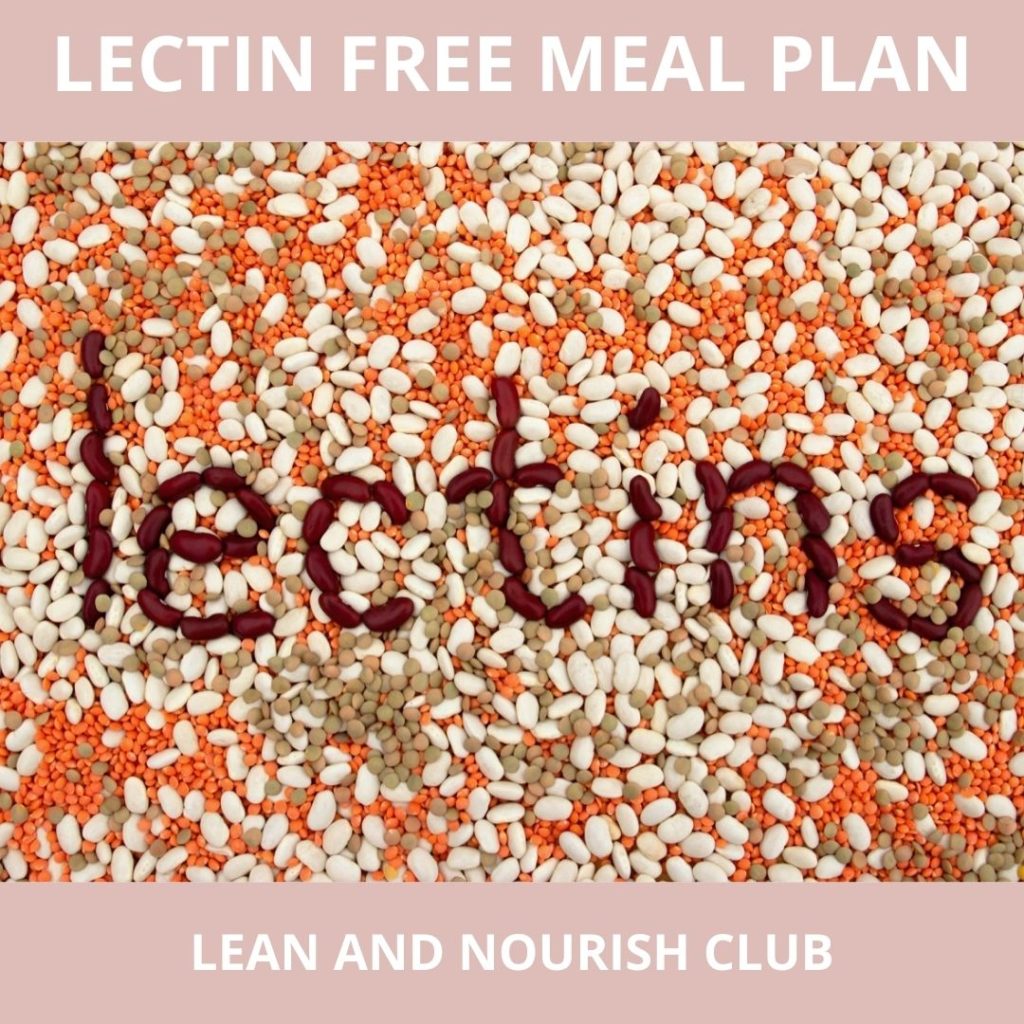Lectins – when food may not be your friend
Lectins are one of the most significant sources of food sensitivity yet are often overlooked. If you are struggling with ongoing digestive issues or autoimmune flare ups then you may wish to consider whether lectins are a problem for you.
What are Lectins?
Lectins are a diverse family of protein molecules that plants evolved to defend themselves from predators, including insects and animals. They are often known as sticky proteins because they have the ability to bind to specific carbohydrate molecules.
Plant lectins typically cause cells to clump together, hence the name ‘agglutinin’ (e.g wheat germ agglutinin). When they attached to sugar molecules they affect cell communication. Plant agglutinins have the ability to clump blood cells of certain blood types, which may indicate that certain people with certain blood types may be more susceptible to health problems due to lectins than others.
Lectins are concentrated in the seeds and roots of plants There are a range of different types of lectins some causing more health issues than others. These include:
Legumes – such as chickpeas, kidney beans, lentils
Cucurbitaceae – found in melons, squashes
Prolamins – cereal grains including wheat and gluten / gliadin
Agglutinin – soybean, wheatgerm
What is the problem with Lectins?
Some foods are naturally higher in lectins than others and there are particular lectins are more toxic than others. They are commonly referred to as ‘anti-nutrients’ because they can reduce digestibility and absorption of nutrients. Lectins aren’t digested or degraded by heat easily. This means they can enter the bloodstream, over-activate the immune system, and disrupt hormones.
One of the ways they are known to affect health is in the gut. Lectins bind to gut lining cells causing cell damage and intestinal permeability.
Wheat germ in particular has been shown to break the tight junctions in the gut cells allowing increased exposure of antigens to the immune system. When lectins enter the bloodstream antibodies develop and inflammation is evident.
Lectins can induce mast cell reactions, suggesting they can aggravate allergies and histamine intolerance and may increase sensitivity to other foods. One particular concern with lectins is their link with autoimmune conditions. In susceptible people lectins may trigger or aggravate existing autoimmune conditions. As they increase inflammatory chemicals like TNF alpha and IL1 they can over stimulate the immune response aggravating certain autoimmune conditions like Rheumatoid arthritis.
They also appear to alter the gut microbiome which in turn may increase gut inflammation and intestinal permeability.
Another area of concern is the role certain types of lectins like wheat germ may have on insulin health and potentially triggering insulin resistance.
Are you Sensitive?
Our sensitivity to lectins varies a lot. It may be influenced by our gut health, microbiome, immune system, underlying genetic predisposition and age (younger people are generally more resilient). It may also be the case that if you already have gut symptoms, an autoimmune condition or have been eating large amount of lectin foods (e.g vegan diet) you may be more susceptible. In addition if you have been under a lot of stress or previously had a chronic immune activation e.g infection you may be more susceptible.

The Low Lectin Diet
The common offending foods include legumes (including soy, not fermented soy), wheat and other gluten grains, nightshade family (potato, tomato, chilli, pepper, aubergine) and certain nuts like cashew.
But the good news is that there are a wide range of low lectin foods that you can enjoy. Interestingly fermentation of certain foods such as soy (e.g natto and tempeh) can make certain foods easier to digest. In addition long cooking times and pressure cooking certain foods helps reduce lectins. In addition as many lectins are found in the skins and seeds by peeling and / or deseeding certain fruits you can also reduce the levels. So soaking and slow cooking beans and lentils which is really the traditional way of preparing these foods has its advantages. This may also explain why for some people proper fermented sourdough bread is easier for some people to digest.
Navigating your way through what foods are low in lectins may feel like a mindfield at first which is one of the reasons I have created a low lectin meal and nutrition plan as part of the Lean and Nourish Club.
Key foods to avoid include grains, beans and pulses, certain nuts and seeds, nightshade family and some dairy. It is a good idea to ensure you get sufficient healthy starches and fibre to support a healthy gut microbiome as well as anti-inflammatory fats like olive oil, avocado, omega 3 fats, MCT oil, black cumin seed oil and certain seed / nut oils like macadamia nut oil. One group of vegetables to include regularly are the cruciferous vegetables as they are packed with nutrients and antioxidants. While eggs are incredibly nutritious and safe on a low lectin diet they are a common allergen so be mindful they may not be suitable for everyone.
There is no magic lab test to identify whether lectins or certain lectin containing foods are causing you a problem. The easiest way is to avoid lectins for 2-4 weeks and monitor your symptoms to see if they are a problem for you. You can access my low lectin meal plan by being a member of our lean and nourish group.

